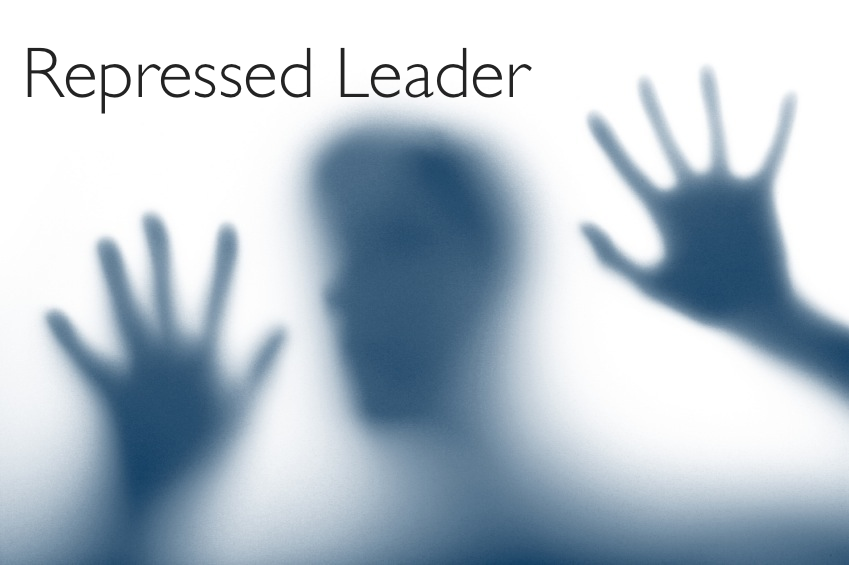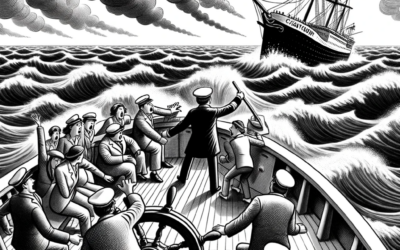 Our intense vulnerability and aloneness—particularly at an early age—leaves us susceptible to strong environmental impressions. Maybe you were mercilessly teased by bullies or maybe you became a bully to avoid being bullied yourself. Or maybe you were abused by a family member or stranger. Maybe you experienced trauma involving money, boats, police, dogs, doctors, teachers, or friends. These events and your reactions to them helped form you. In the process, you pushed forward one set of characteristics and you buried another set.
Our intense vulnerability and aloneness—particularly at an early age—leaves us susceptible to strong environmental impressions. Maybe you were mercilessly teased by bullies or maybe you became a bully to avoid being bullied yourself. Or maybe you were abused by a family member or stranger. Maybe you experienced trauma involving money, boats, police, dogs, doctors, teachers, or friends. These events and your reactions to them helped form you. In the process, you pushed forward one set of characteristics and you buried another set.
Our whole selves are rarely in view—to others and even ourselves. We suppress some things (conscious intentional exclusion) and repress others (unconscious exclusion).
At the same time, we have a desire for our whole selves to be known—by others and ourselves–provided it’s done safely and without judgment. The parts of ourselves that we’ve repressed want to surface, so if we don’t make an effort to release them, they can present themselves in inappropriate ways and at inappropriate times.
There’s no end to stories about repressed leaders who’ve acted out: the CEO of Best Buy engaged in a relationship with a very young subordinate who wound up forgoing a millions in compensation, the senator who stood against gay marriage only to be caught in a gay relationship himself, the chair of the school board in Detroit who masturbated in front of the superintendent during private meetings. You may say these people were sick, and many would agree. The sad reality is that they had repressed a part of themselves for so long that it needed to find a way out, and it happened in a very tragic way. These are extreme cases, and you may say it will never happen to you. I would say it is already happening to you, just not at such a destructive and public level.
Do you ever become disproportionately mad at another person? You may chalk that up to the channeling of a full day of frustrating events, but it may also be because you’re repressing or suppressing a part of yourself.
I get disproportionally mad when I witness disregard toward me or others. I know this is a trigger for me, so I take steps to ensure I don’t react destructively. Sometimes my friends help me regulate, and sometimes I’ll yell at a tree or get into my car and yell. It’s cathartic and there aren’t any adverse repercussions to others (except perhaps trees). I inform clients that if they feel like they’re going to explode, they can always call my phone and vent onto my voicemail. I’d rather they do that then take out their own issues on a coworker.
It’s important for repressed leaders to recognize and release the parts of themselves they’re hiding–and to do so in constructive, not destructive ways. If, for example, you have repressed your aggressive tendencies, racquetball or laser tag may be an excellent way to express this part of you so you don’t take out those traits on co-workers. If you were sexually repressed, you may find it liberating to have an honest discussion about your preferences or fears with your partner or a counselor.
Those traits I most reject in myself are the ones I am most vocal against. This awareness is unsettling because that which I most protest is the silent part of me that wants to be given voice. But this awareness is also liberating. The more I reveal my whole self (I’m speaking figuratively here, of course), the more I can focus on the work that needs to be done. And the more I can really connect with others.
Those who see you one dimensionally, you know, do not see you at all. They know the adaptive you–the part of yourself you allow to be known. The other parts lie under the surface, pushed out of sight, and waiting for a moment to be found (or an inopportune time to appear on their own).
When you are cloaked, you draw so much of your energy to stay hidden that you cannot move quickly. Your performance and the organization’s will suffer. Relieve yourself of your anxiety, shame, and isolation. Find constructive ways to access, release, and accept your whole self—both the good and the bad.



